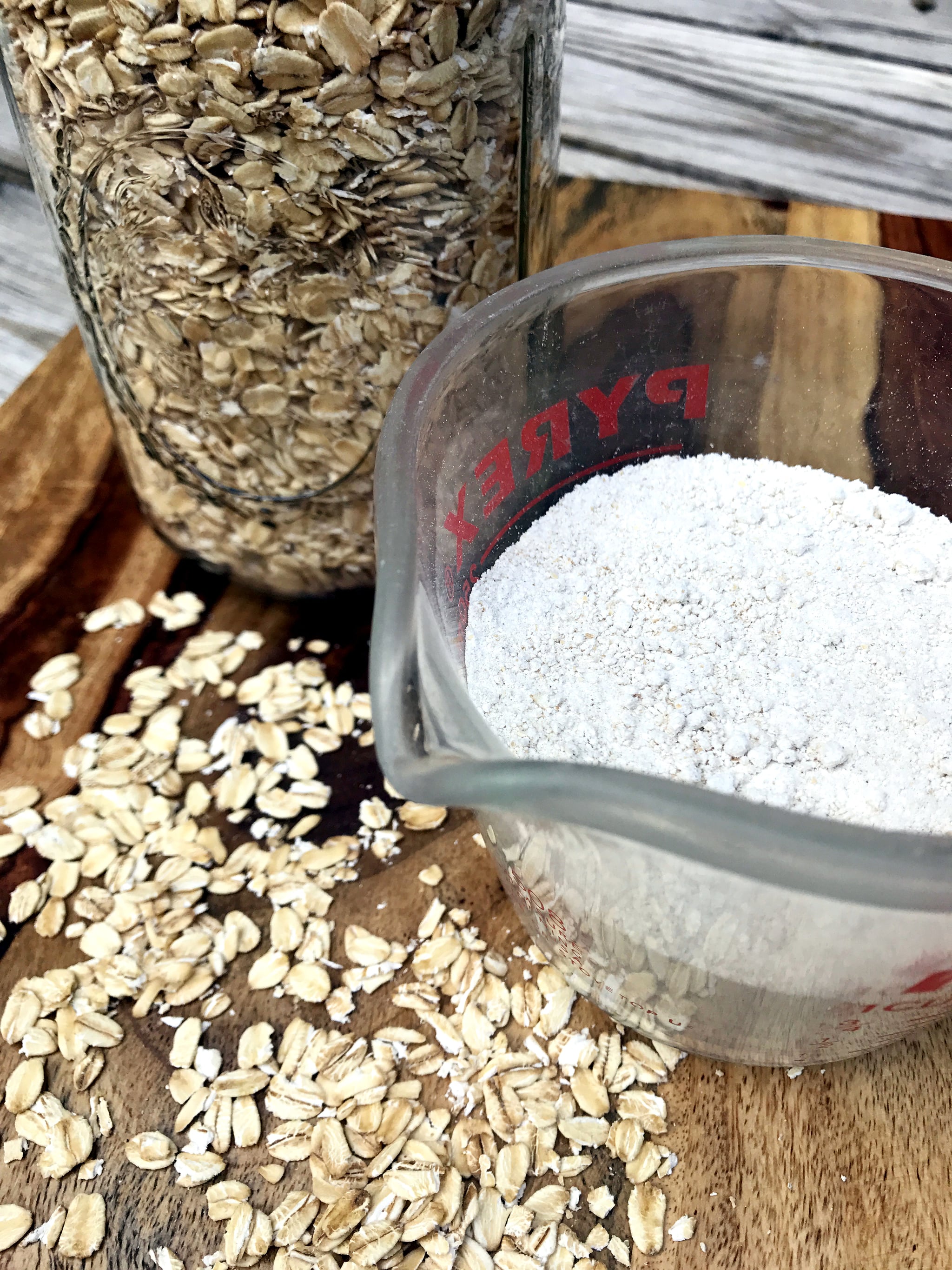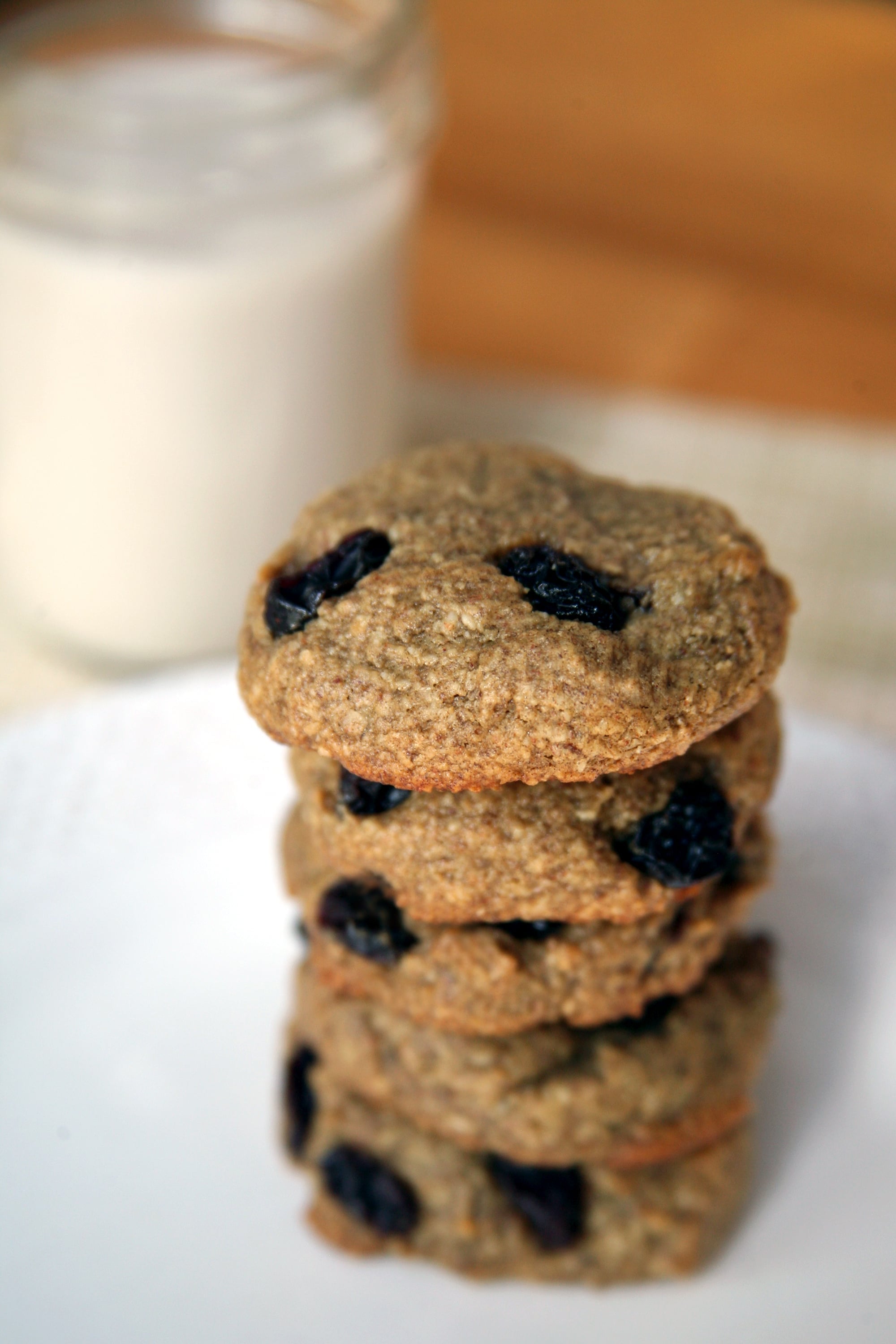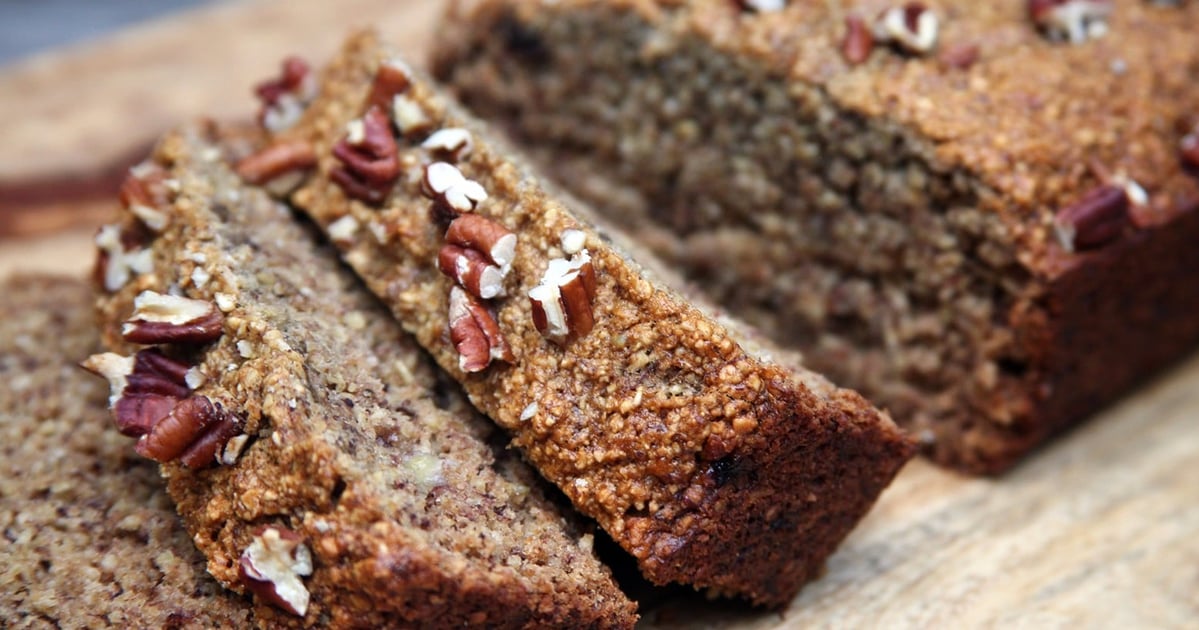
I’m grocery shopping every two weeks, hitting one to three stores in one trip to get everything my family will need, but the one thing I can’t find is flour. The baking aisles have been barren, with only a stray bag of coconut flour and a box of muffin mix left behind. I usually bake with white whole wheat flour, but there wasn’t even any all-purpose. I also couldn’t even find any available online. How was I supposed to stress bake chocolate chip cookies, brownies, and banana bread without any flour?
If you’re in the same boat, you can still bake using this DIY flour alternative. All you need are rolled oats (not quick or steel cut) and you can make oat flour. Grind up the rolled oats in a food processor or NutriBullet — one cup of oats makes about one cup of flour.
Oat flour is an equally healthy alternative to using white whole wheat flour and works well in dense baked goods like muffins, cookies, brownies, and quick breads. If you need your recipe to be gluten-free, swap out wheat or white flour for oat flour — just make sure the oats you’re grinding are gluten-free (I like to use the rolled oats from Trader Joe’s). If you’re used to baking with all-purpose flour, registered dietitian Leslie Langevin, MS, RD, CD, of Whole Health Nutrition recommends swapping out half a cup with oat flour to increase fiber, satiety, and nutrients in your baking.

How healthy is oat flour? For comparison, one cup of unbleached, all-purpose flour offers less than one gram of fiber and 16 grams of protein. One cup of white whole wheat flour offers 12 grams of fiber and 16 grams of protein. The same amount of oat flour also offers 12 grams of fiber and 16 grams of protein. Oat flour also offers slightly more calcium than white whole wheat flour.
Rolled oats shouldn’t be hard to find; just look in the cereal aisle or bulk section of your grocery store. I like to grind four cups at a time and store my flour in a big mason jar so it’s ready to use. Try these recipes made using ground rolled oats:

